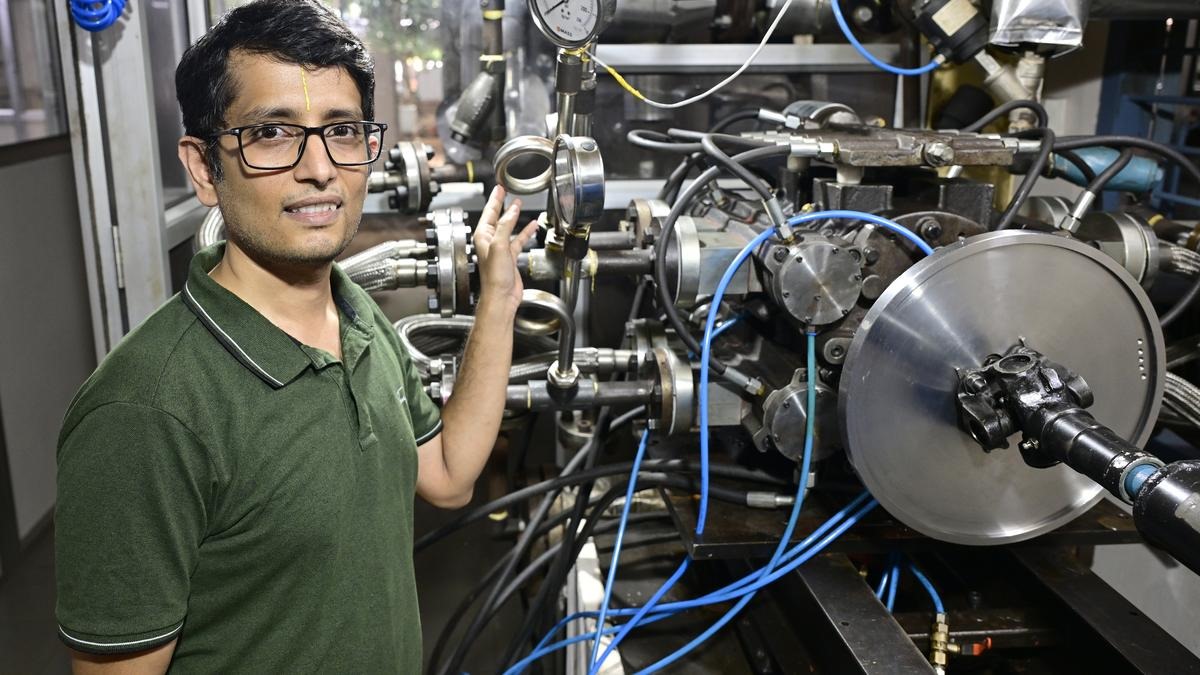IIT Madras Research Group Aims for 1 Gigatonne CO2 Reduction by 2035
The Indian Institute of Technology Madras (IIT Madras) has launched a groundbreaking research initiative aimed at reducing CO2 emissions by over 1 Gigatonne (GT) by 2035 The group, known as The Energy Consortium, is collaborative effort between academia, industry, and government to accelerate the development of technologies that will enable the transition to a low-carbon future

Objectives and Approach
The Energy Consortium's primary objective is to create "technology sandboxes" that de-risk research and development in the energy sector, which often requires significant capital investment. By developing new and advanced technologies and providing industry with guidance on energy efficiency measures, the researchers hope to achieve their ambitious emission reduction target
Consortium Structure and Partnerships
The Energy Consortium comprises eight Centres of Excellence and has partnered with 10 major multinational and Indian companies. Additionally, the group is working with 20 university and research institute partners, both domestic and international
Some of the key industry partners include Shell, Baker Hughes, Cummins, FLSmidth, Aditya Birla Group, Chevron, Infosys, Technip Energies, CPCL, and NLC India Limited. The consortium aims to serve as a critical contributor to India's net-zero journey by providing valuable R&D assistance to Indian industries in their low-carbon energy transition
Funding and Initiatives
The Energy Consortium was established at IIT Madras with funding from the Government of India's 'Institute of Eminence' initiative. One of its key initiatives is the Kotak-IIT-M Save Energy Mission (KISEM), a CSR project in partnership with Kotak Mahindra Bank. Through this project, the researchers plan to visit over 900 firms across India in the next five years, providing free consultancy on energy efficiency measures and identifying pathways to reduce greenhouse gas emissions
The consortium is also working with small and medium enterprises to assess and quantify their carbon footprint. Additionally, the group is focused on nurturing climate tech startups and collaborating with manufacturing units to lower their greenhouse gas emissions and decarbonize the industry
Ongoing Projects and Future Plans
The Energy Consortium has several ongoing projects across its Centres of Excellence, including:
Carbon capture and storage: Developing technologies for capturing, utilizing, and storing carbon dioxide
Renewable energy systems: Advancing technologies in areas such as electrolyzer applications for CO2 conversion and green hydrogen production
Energy storage: Exploring alternatives to lithium-based energy storage
Distributed energy management: Improving AC and DC microgrids
Looking ahead, the consortium plans to establish a visible infrastructure called the Energy Center in IIT Madras' Discovery CampusThis center will serve as a hub for energy research, providing a platform for collaboration and technology development



